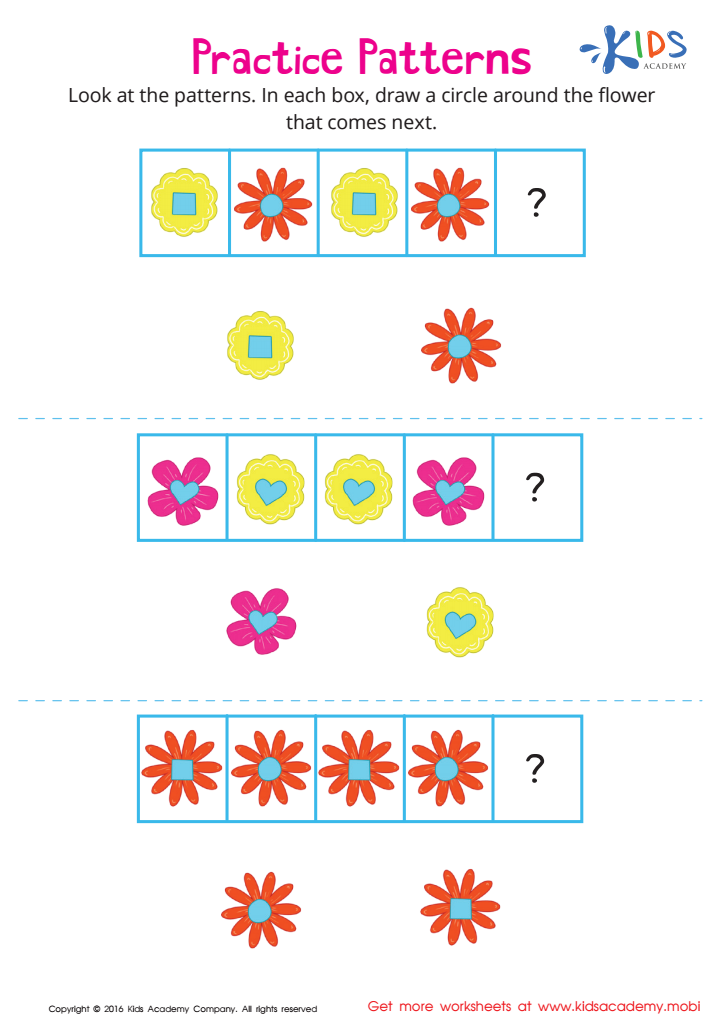Basic Math Skills Matching Worksheets for Ages 3-7
5 filtered results
-
From - To
Discover our engaging Basic Math Skills Matching Worksheets tailored for children aged 3-7! Our high-quality worksheets focus on key math concepts, including numbers, shapes, and patterns. Perfect for early learners, these matching activities are designed to make learning fun and interactive, strengthening critical thinking and problem-solving abilities. Each worksheet features bright, colorful images that capture young minds' attention and encourage active participation. Whether at home or in the classroom, our worksheets provide a solid foundation for math success. Help your child develop essential math skills with our expertly crafted resources aimed at making early education enjoyable and effective!
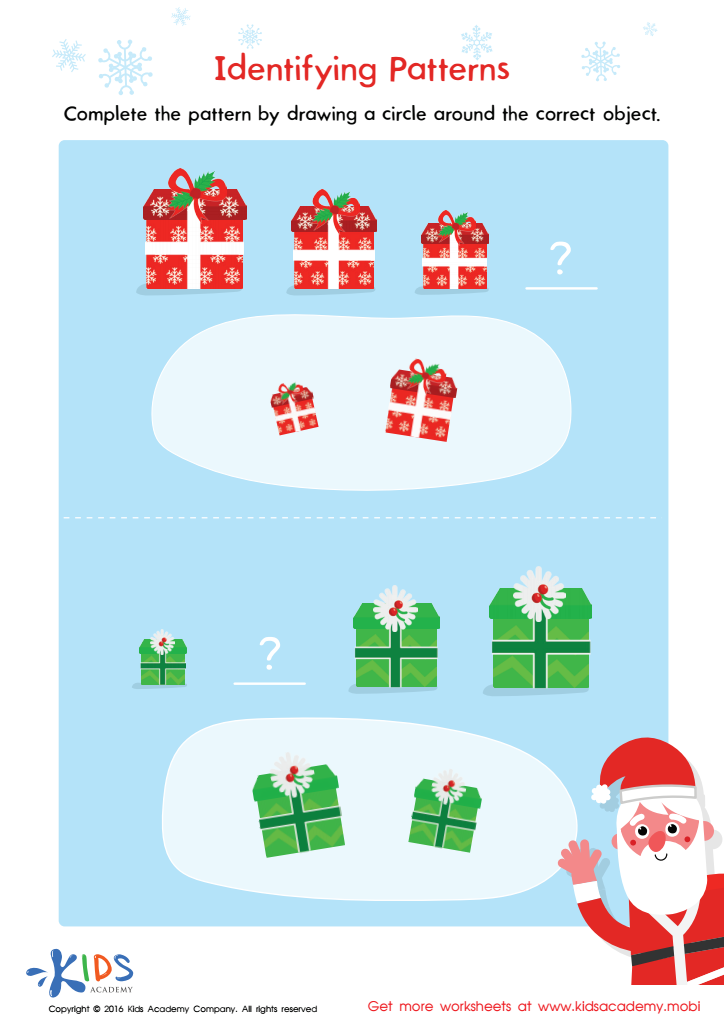

Identifying Patterns Worksheet
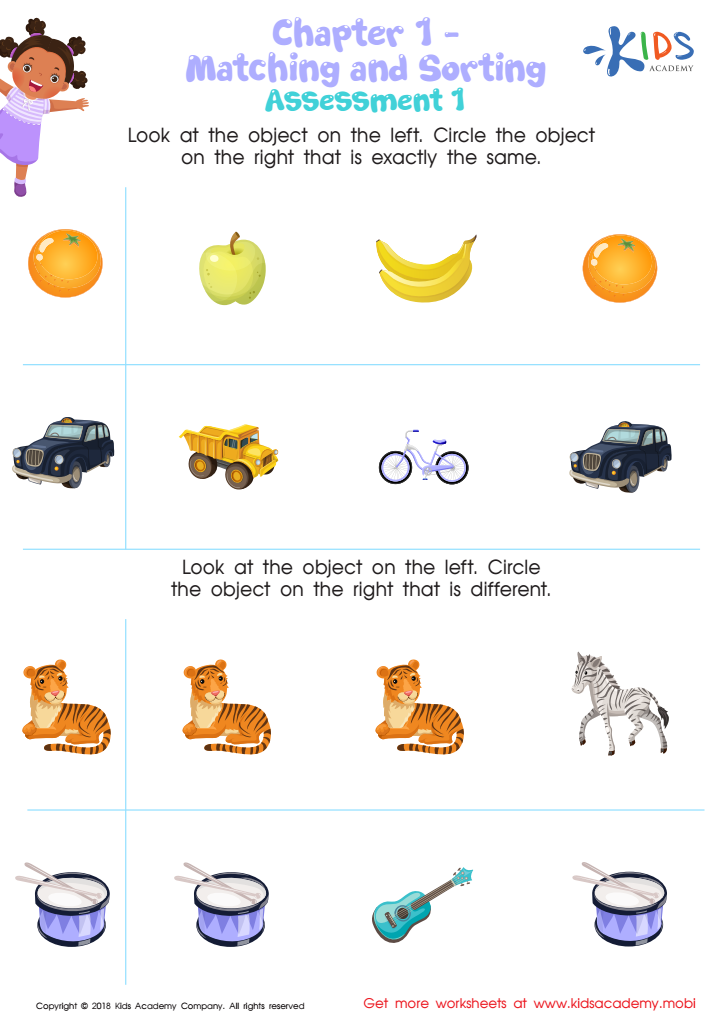

Matching and Sorting for Preschool: Assessment 1 Worksheet
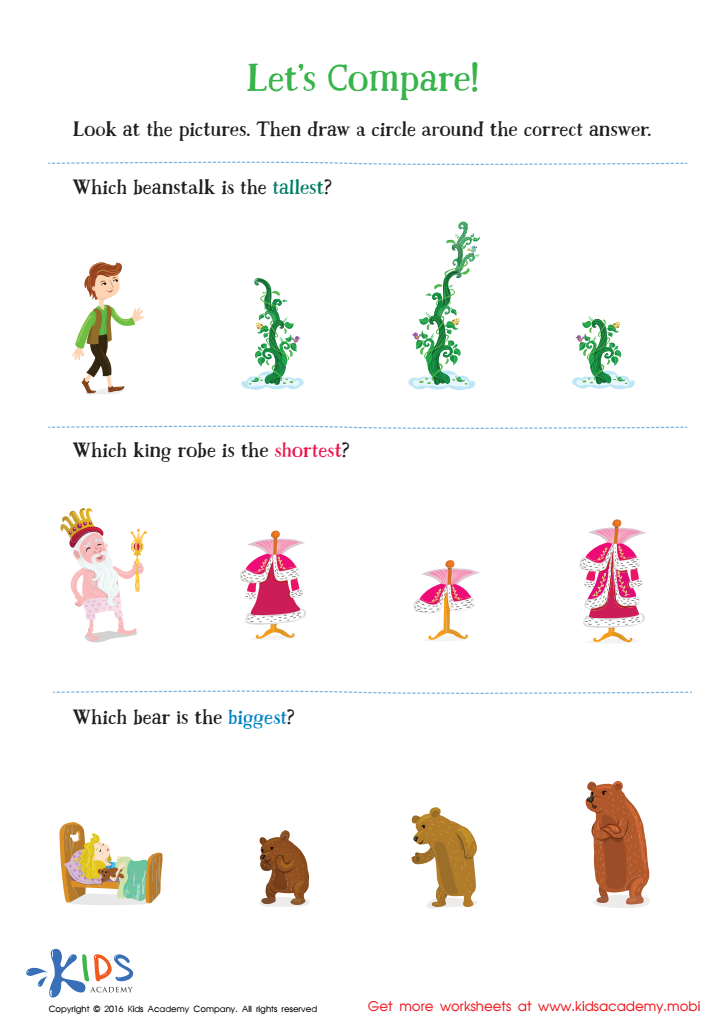

Fairy Tale Worksheet: Let's Compare
Basic math skills are foundational for young children's overall cognitive development and future academic success. For children ages 3-7, mastering these skills can significantly impact their logical thinking, problem-solving abilities, and confidence in dealing with numerical concepts later in life.
For parents and teachers, emphasizing the importance of basic math skills through activities like matching games helps make learning interactive and fun. Matching games improve children's abilities to recognize numbers, patterns, and shapes, promoting a stronger grasp on basic math concepts. These early experiences enhance children's understanding of quantities and relationships between objects—key principles in mathematics.
Moreover, engaging in such purposeful play aids in developing attention to detail, memory, and concentration. These cognitive skills are not only critical in grasping math but also beneficial across all learning areas. Encouraging basic math skills in a safe, supportive environment fosters a positive attitude towards mathematics, reducing math anxiety seen in older students.
Therefore, integrating basic math skills matching activities equips children with crucial academic skills, bolsters cognitive development, and establishes a solid educational foundation that is vital for continued learning and future success. Parents and teachers play a pivotal role in nurturing these abilities, so prioritizing them during early childhood is essential.
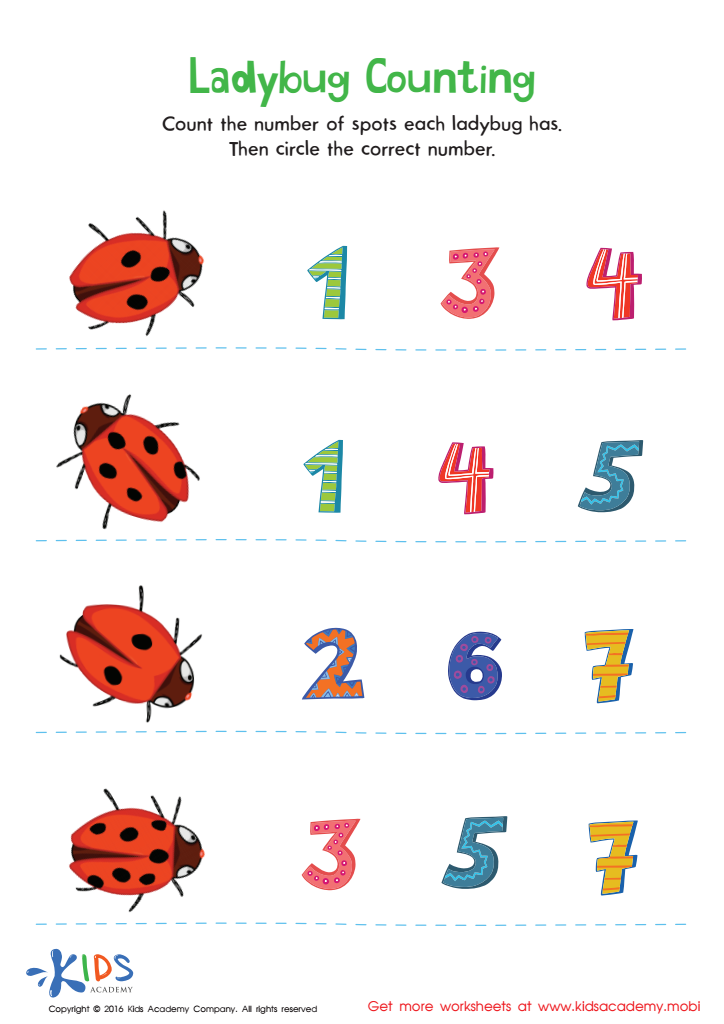
 Assign to My Students
Assign to My Students

